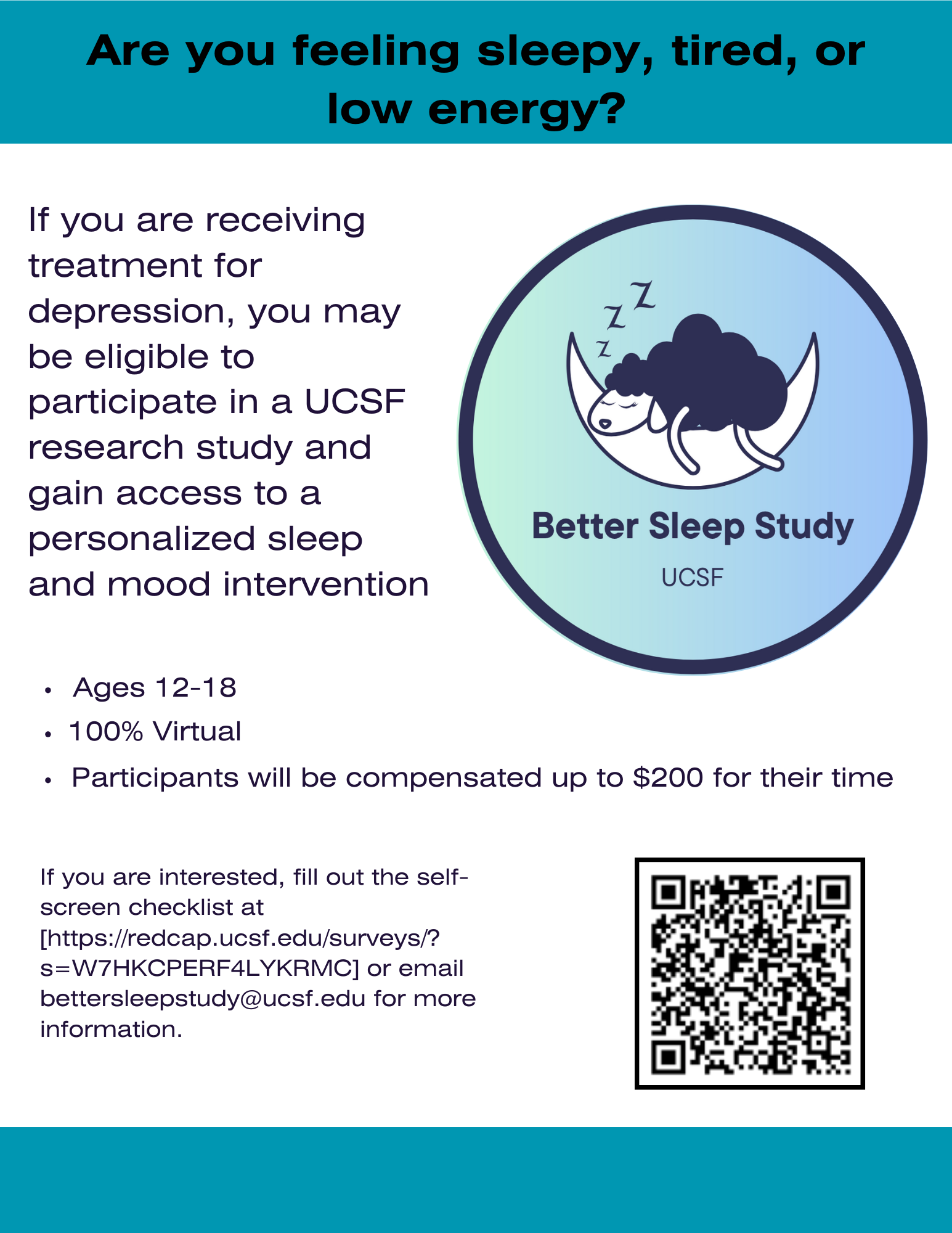Recommended sleep resources for parents
- Johnson's Bedtime App was developed in collaboration with infant sleep expert Dr. Jodi Mindell. It is a great evidence based resource for parents struggling to manage their infant's sleep.
- Sleeping Through the Night is a great book to help manage sleep problems in infants, toddlers and young children.
- Basic information about infant sleep can be found at the Sleep Foundation's website.
- The Pediatric Sleep Council website is an excellent resource for parents of children 0-3 years.
Top Tips for Infant Sleep:
- Parents be kind and patient with yourselves (and each other as much as possible). This is arguably the hardest developmental period for parents.
- Between the ages of 0-3 months you can influence infant sleep but can not do much to control it until your child gets a bit older. You can start to help your infant distinguish between day and night time by engaging in more activity during the day and less activity at night. During the day, expose your child to light (preferably from the sun), physical activity (tummy time and playtime), and social activity. In contrast, at night minimize their light exposure (use night lights or lamps as opposed to bright overhead lights when feeding and changing your bed at night), and minimize physical activity and social activity as much as possible.
- Once your child is approximately 4 months a) establish a regular bedtime routine, b) try to stick to a regular daytime and night time sleep schedule, c) and start to encourage your baby to fall asleep independently by putting them down to sleep when they are drowsy but awake.
- There are various methods to teach your child how to sleep at night (sometimes referred to as "sleep training"). Find the method that is a good match for your family and your values. There is no right way but some methods are faster than others. Check out the Pediatric Sleep Council's website for more information about sleep training.
Top Tips for Toddler, and Preschool and School-Aged Children's Sleep:
- Try to be as consistent as possible (avoid rigidity) with sleep routines, schedules and expectations. Inconsistency, tends to increase childrens' tendency to test boundaries (which is a developmentally appropriate predisposition) which in turn increases parental stress and can make bedtime resistance problems worse.
- Develop a wind-down routine that makes your child feel safe, loved and sleepy. Although some children tend to get wild at night and can enjoy silly time, be sure to end the night with a relaxing activity such as reading a book, doing a relaxation exercise, or thinking about the things they were grateful for that day.
- Expose your child to sunlight in the morning and reduce light exposure at night time (and in the evening in preparation for bed time). This helps your child entrain their circadian rhythym which is an important tool for maintaining healthy sleep and health during the day.
- Avoid using sleep or bed as a punishment. Help your child build positive associations with sleep and bed by reinforcing that it is a safe and happy place.


